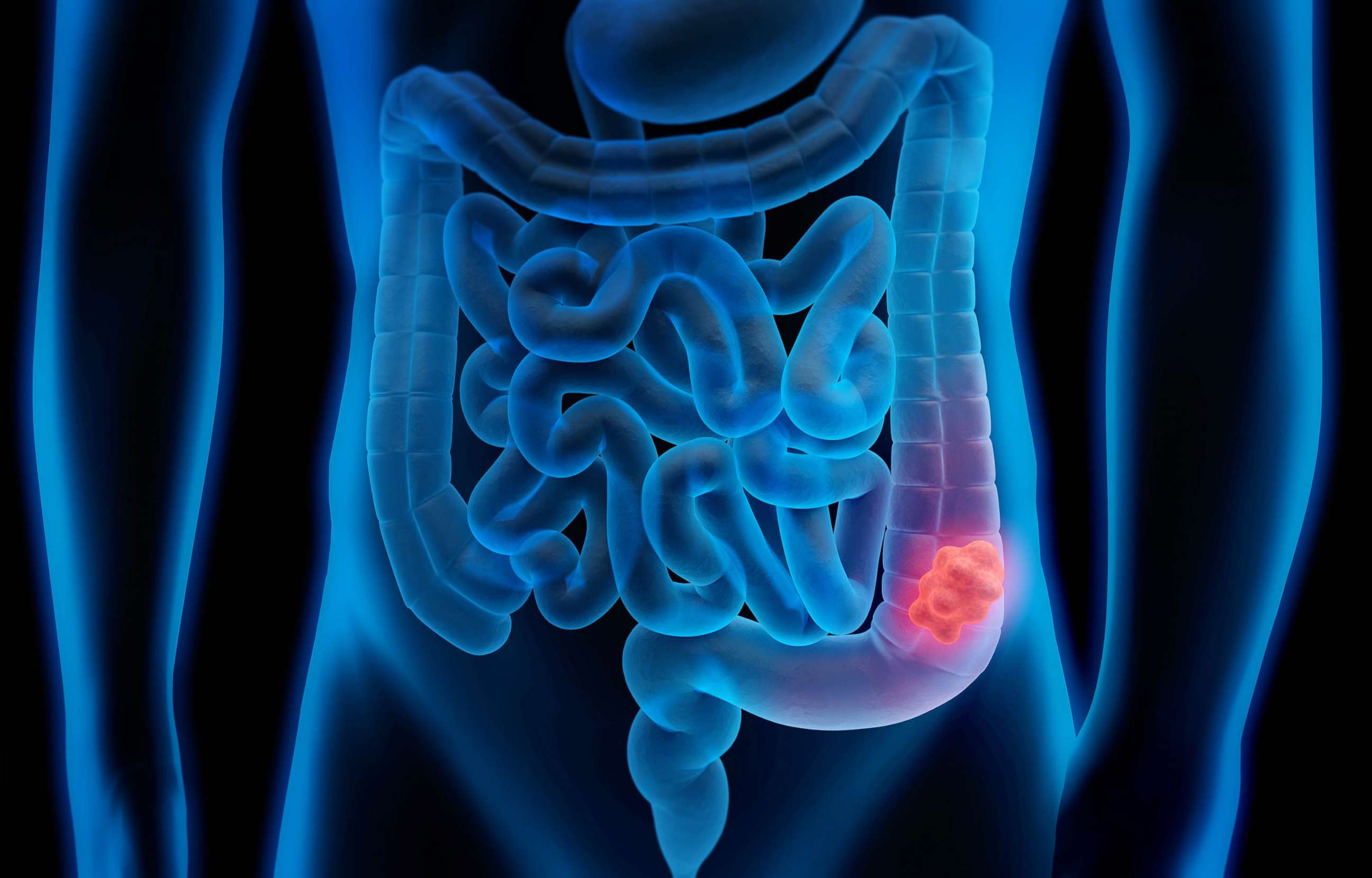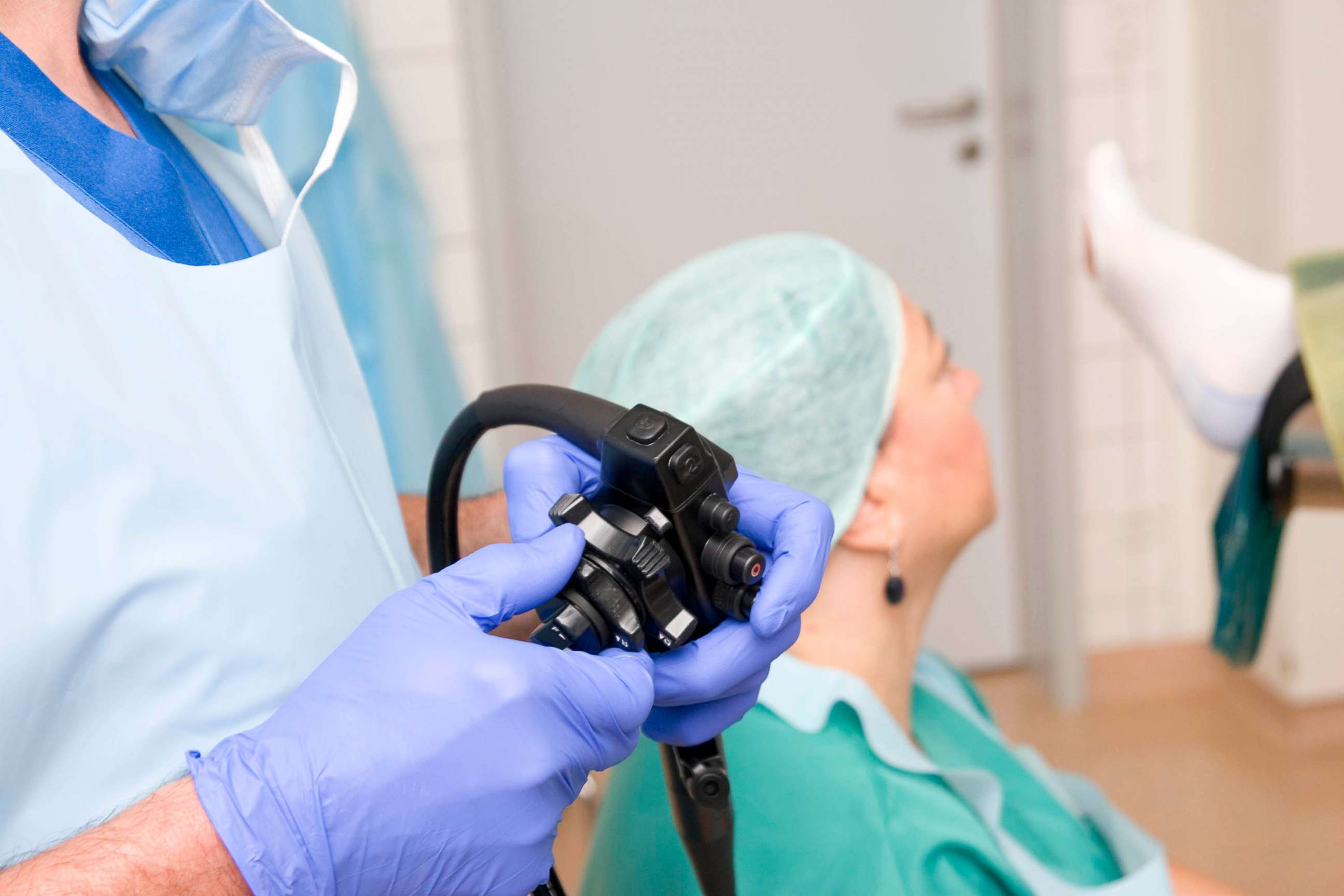a major new research Researchers have found that more young people are being diagnosed with late-stage colon cancer, renewing calls among doctors for early detection and screening.
Researchers at the University of Colorado School of Medicine analyzed data from more than 100,000 people with adenocarcinoma. Adenocarcinoma is highly aggressive and is likely to be discovered at a later stage.
As a result, younger patients aged 20 to 29 years have the highest rate of newly diagnosed colon cancer, are more likely to be in a distant stage of cancer at the time of diagnosis, and are more likely to have cancer that has already spread. There was found. Specifically, the subgroups of non-Hispanic black and Hispanic participants had the highest rates of increase.
“Studying cases of adenocarcinoma alone is important because adenocarcinoma is what we’re trying to prevent by screening and identifying risk factors,” said study author and director of gastroenterology at Denver Health Medical Center. Department Director Dr. Jordan Karlitz explained.
The United States Preventive Services Task Force (USPSTF), a leading organization in preventive medicine, recently updated its colon cancer screening guidelines to include those aged 50 to 45 years old after considering recent trends in increasing colon cancer cases among younger people. changed by.
Risk factors such as obesity, diet and environmental factors may play a role in why these rates are rising, said Dr. Jay Butt, a primary care physician and ABC News contributor.
Karlitz pointed out that another factor that could explain this trend is delays in diagnosis.

Colorectal cancer polyp highlighted in medical illustration.
Stock images/Peterschreiber.media/Getty Images
When the first symptoms appear, young people may not immediately seek colon cancer testing. This is because there is a misconception that colon cancer is an unlikely diagnosis. This can delay diagnosis and give the cancer time to progress to a later stage. These delays can be avoided through timely testing, Karlitz said.
Common symptoms to watch for include rectal bleeding, persistent abdominal pain or bloating, and unexplained weakness.
“In fact, I talk about preparation with all my patients over 40, but it’s even more important if you have someone in your family diagnosed with colon cancer early on,” says Bhatt. talked about.
Family history was not considered in this study. If someone in your family has colon cancer, your risk of developing colon cancer can be significantly increased. Doctors recommend that people with risk factors, such as family history or genetic syndromes such as Lynch syndrome, talk to their doctor because they may need early screening. Carlitz suggests that holidays and family gatherings are great times to be proactive and ask about your family’s medical history.

An undated stock image shows the controls for a colonoscope, an instrument used to perform colonoscopies and polyp removal.
Stock Image/Wicki58/Getty Images
“If you are 45 years old, don’t wait and get tested on time. If you are under 45 years old, please report your symptoms to your health care provider and also report your family history to your health care provider. may have the potential to save lives and prevent the adverse effects of colorectal cancer, or at least advanced disease,” Karlitz added.
Vanya Jain is a medical student at New Jersey Medical School and works in the medical department for ABC News.
